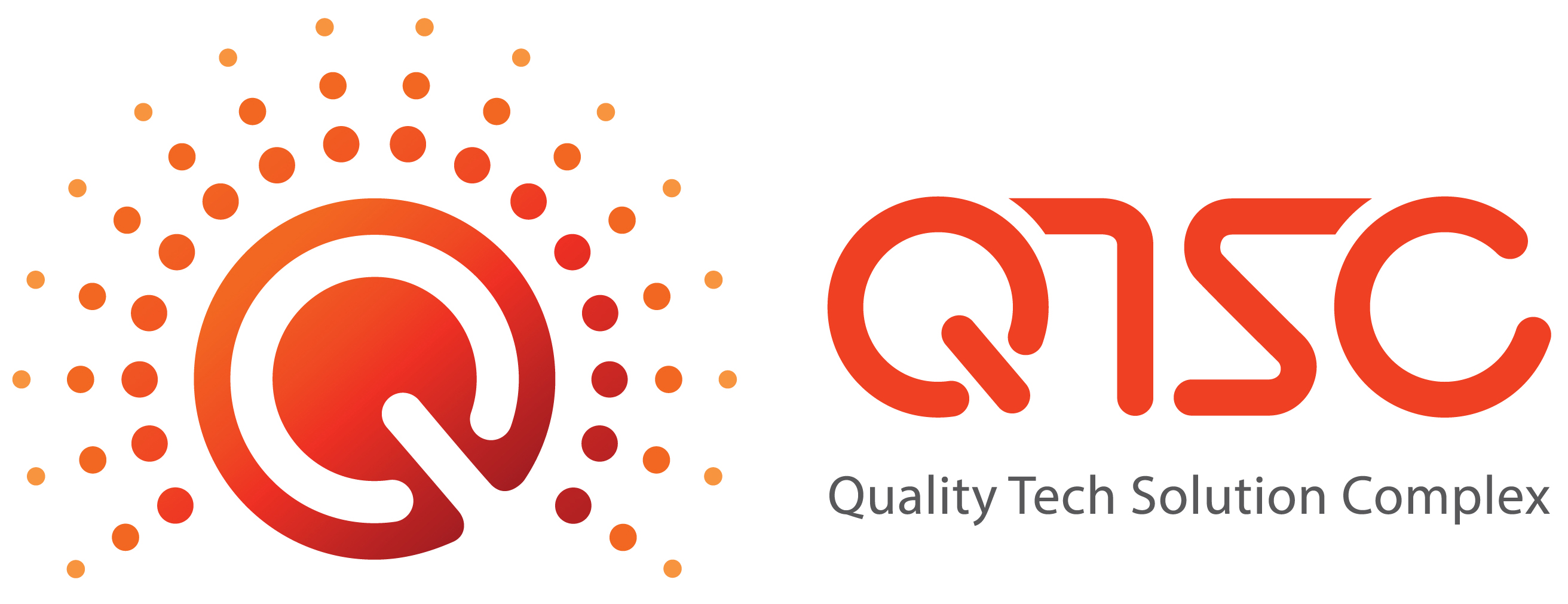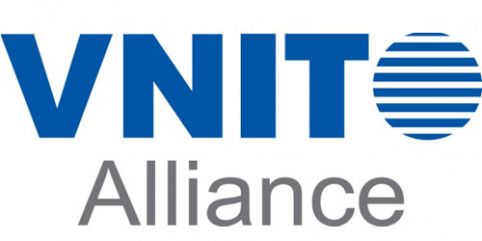HO CHI MINH CITY -- Vietnam wants to be the next big thing in business process outsourcing -- an ambition that was clear for all to see at an industry conference in the country's commercial capital on Thursday and Friday. |
IT companies are building a BPO hub that offers more than low costs
The Ho Chi Minh City skyline: Vietnam is quickly climbing the ranks of offshore business destinations. © Reuters HO CHI MINH CITY -- Vietnam wants to be the next big thing in business process outsourcing -- an ambition that was clear for all to see at an industry conference in the country's commercial capital on Thursday and Friday. The IT Outsourcing Conference 2017 in Ho Chi Minh City attracted some 500 representatives from international and local companies. On the agenda for the second such event: turning what is already one of Southeast Asia's hottest outsourcing destinations into a true go-to hub. Vietnam's IT sector is benefiting from government policies and incentives, coupled with a young and tech-savvy workforce. The population under 35 is estimated at more than 50 million.
The Vietnam IT Outsourcing Conference 2017, held in Ho Chi Minh City, saw international organizations agree to help develop the sector. At present, over 1,000 IT companies employ around 80,000 workers in the communist country. Some 40,000 new IT graduates enter the job market each year, providing a steady supply of fresh talent. All of this is quickly raising the country's profile. Vietnam jumped five places, to sixth, in U.S. consultancy A.T. Kearney's 2017 Global Services Location Index -- behind India, China, Malaysia, Indonesia and Brazil. Vietnam's position in the ranking of offshore business destinations reflects its growing popularity as a BPO provider, A.T. Kearney said in a report in September. The following month, PwC's "Spotlights in Vietnam" report for the Asia-Pacific Economic Cooperation summit ranked BPO among the five hottest sectors in the country for the next few years, along with retail banking, solar and wind energy, luxury hotels, and modern agribusiness and food. Different skill set Vietnam's BPO industry achieved annual growth of more than 20% in the decade to 2015, when it was worth $2 billion. This was still a far cry from the Philippines' $22 billion sector -- the biggest in the region -- but political instability in the Philippines is believed to be creating an opening for newcomers. Vietnam's sector has also developed differently than those of the Philippines and India, which have succeeded with call center services for English markets. Vietnamese players have focused on document process services for more than 20 different language markets -- including data capture, image processing, data categorization and data updating. "We don't compete against the Filipino or Indian peers," said Frank Schellenberg, the founder of Digi-Texx, the first and most popular BPO provider in Vietnam. "We provide services in which Vietnam has more advantages and which are supported by government incentives." |
More articles:
Latest news
-
Ho Chi Minh City allows controlled testing of self-driving vehicles at QTSC
-
QTSC meets with startup community and investment funds in HCMC: Strengthening connections and support for the science and technology innovation ecosystem
-
Inviting to join the program “Together for a Green QTSC”
-
QTSC calls for votes for two solutions in the 2025 Creative Science Contest





 Tiếng Việt
Tiếng Việt











